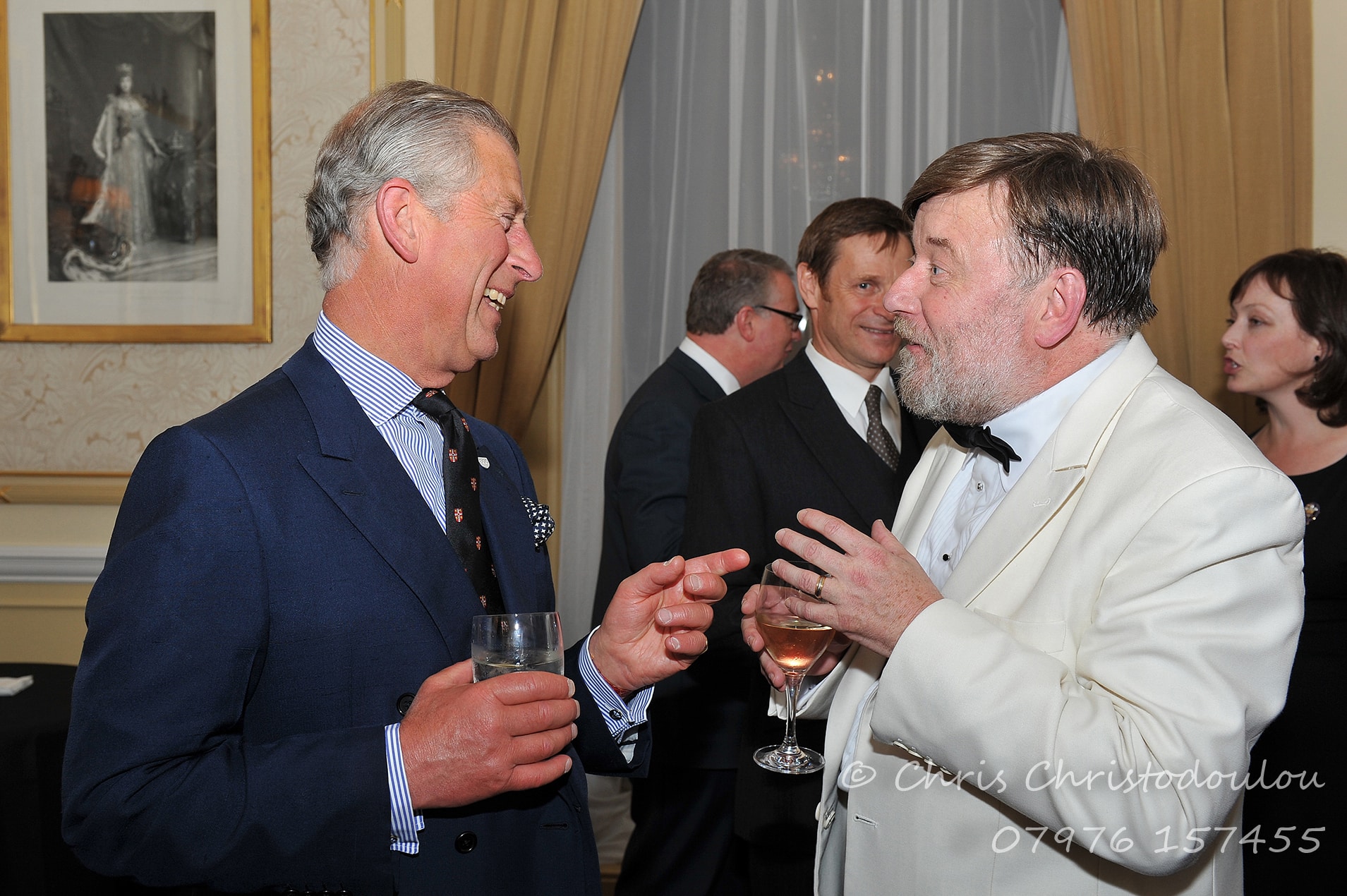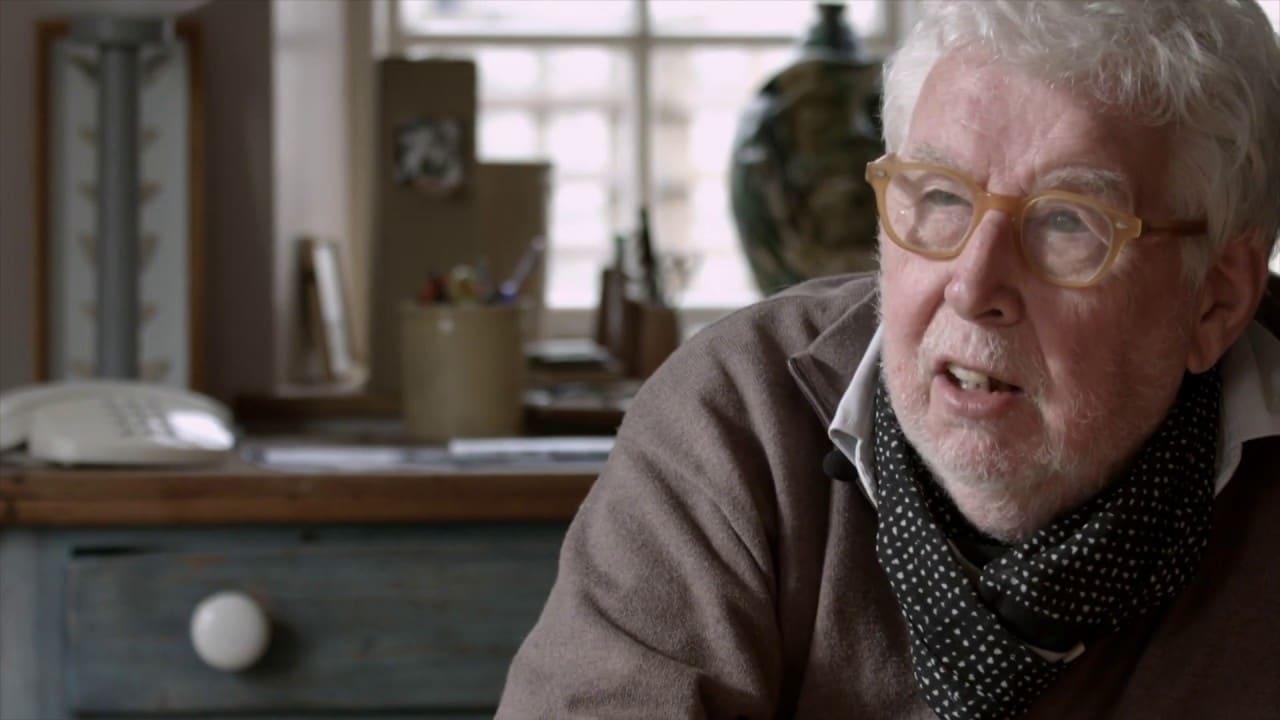The Slipped Disc daily comfort zone (75): Schubert’s last notes
main


Decca is marking the birth centenary of John…

Statement by the Berlin Phil: It is with…

We hear that Andrew recently recorded for Chandos…

The Last Night that was picketed because Sir…

Session expired
Please log in again. The login page will open in a new tab. After logging in you can close it and return to this page.
The gorgeous Quintet in C major, for 2 violins, viola and 2 cellos.
Not amongst the finest sculptures I’ve seen.
The little Scottish Terrier actually caught my eye first.
The Heifetz is Benar , principal cellist of the Phily under Ormandy
Thanks, that was confusing.
Schubert’s greatest work, of symphonic proportions and profundity. A stylized comment upon human life as it really is.
Beautiful thoughts.
“stylized?” I think Schubert is too honest, nor is he artificial enough to make stylized comments. He depicts the intimacy of life without trying to make it so grandiose that there’s loss from the grandeur supposedly portrayed. Nor does he make it so “civilized” that it remains coy and pretentious. That’s more for people heralding some method, like the costumes of a sorority where no one can look past their own drapings, as Western harmony against the serialists, each pointing at the faults of the other for lack of having anything more genuine to say.
True art is created, not devised, despite all of the exaggeration attributed it, which would make it quite grotesque would that be what it really is about.
What was meant, was that music is ALWAYS a stylization and not a direct utterance, which can be done better in words or in visuals. In music, experience is translated into interrelated meaningful sounds.
I think music in itself is an experience, not something separate from a direct utterance, that’s also how I experience it myself, rather than to censor that. Nor does that separate it from being able, with its depiction, with the emotions it brings to life, with the subjunctive dream like state, with whatever is how it expresses itself, to create perspective, given it’s innate part of being human; but that again doesn’t separate it from being a direct utterance as if thought has nothing to say about life.
As I said already true art is created, not devised.
What a day at Slipped Disc!!! One recording is better than the other. And the Music is of unbelievable beauty! Thank you!
The Budapest take tempi a bit fast, expression is therefore a bit undercooled. The thinness is not merely the recording.
The Villa Musica ensemble have a better tempo, mehr Wienerisch:
https://www.youtube.com/watch?v=DtzjKL8mpbg
A remarkable performance with players from the Amadeus, Juilliard, Italiano, Orlando and Borodin Quartets, and THEY get the expressive substance very well.
https://www.youtube.com/watch?v=EUgFNWGPtQU
There is an orchestral version:
https://www.youtube.com/watch?v=clVVU_e_CDc
It underlines the expansive nature of the music, something is won, and something is lost. (Yet, it is brilliantly done.)
This piece is so damm gorgeous. I’ve been listening to it since Jimmy Carter was President, and I still find new material in it every time I hear it.
Sorry you had to experience Carter’s presidency.
who are the men in the picture
They are the Bordano Brothers, a dangerous gang, photo taken just after their biggest bank robbery in 1952 in London. To celebrate, they went to a string quartet concert in the Wigmore Hall, and were arrested afterwards when the police were waiting till the Brahms A Minor Quartet had finished. Those were the times….
I like the sculpture, which seems primal (coming out of the ground as it were).
They know how to play this music in Vienna, as the Konzerthaus Quartet proved with help from a relative.
Schubert’s lesser-known Notturno for piano trio is similarly valedictory in mood , also the adagio of the B-flat sonata (Schnabel, Richter). I think his actual dernier pensee is aa blithe song.
That was the recording I grew up with. Thanks for posting.